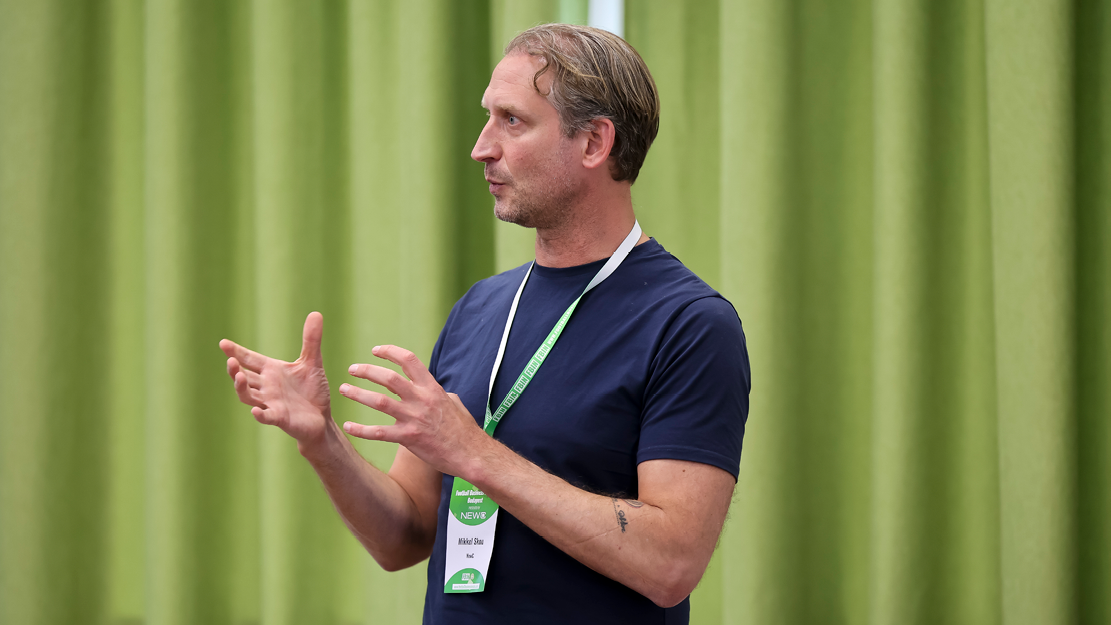As we wrote about in our last piece, the Brazilian banking market has been undergoing a radical transformation over the last decade. Brazil is leading a Latin American boom in financial inclusion, with innovative FinTech companies, digital banking and Central Bank-led initiatives providing access to banking for the first time to millions of people. But where does this leave the banking market overall?
With the reality of an economic slowdown in 2023 seeming more and more likely and the digital newcomers gaining ground in the market, the situation is becoming increasingly difficult to manage for the traditional banks in Brazil. The combined result of the three largest private banks (Itaú Unibanco, Bradesco and Santander) of Brazil shrank with 7.31% in 2022. With increased credit risk following the speculative uncertainty surrounding global developments and the ongoing dispute around the “accounting inconsistencies” in the retail-giant Americanas SA, it is essential for the big banks to utilize their resources sufficiently in the time to come. This is where the newest partner of Nordic Brazilian Capital comes into the picture…
Morten Virenfeldt, Founder & CEO - AQRisk
AQRisk is a Danish FinTech with highly advanced solutions for modern banking optimization. Since presenting their first solutions to the market in mid-2018, AQRisk has experienced high growth and today they provide solutions for a wide range of Scandinavian banks. AQRisk combines their vast experience from financial markets and banking with datadriven technology in order to optimize and streamline their clients’ core banking dynamics.
AQRisk provides unique and efficient solutions that have proven to be essential over time and that is why Nordic Brazilian Capital is now assisting them in their entry into the Brazilian market.
“Brazil is a highly attractive market to us - not only does it represent a very large market – it is amid of a rapid digital transition with new tech-driven neobanks, and heavy development in new innovative fintech solutions with and within incumbent banks. I see AQRISK being a natural part of that journey - making it much easier for banks to improve profitability and optimize their banking business“
Morten Virenfeldt, Founder & CEO - AQRisk
Esge Räder (Chief Facilitating Officer & CCO) identifies four dynamics in the Brazilian banking market which calls for further optimization of the core banking book business:
High interest rate (currently 13.75% - making it difficult for many Brazilians to access credit)
High level of competition (drives down profit and makes it harder for some banks to succeed)
Strict regulatory requirements (costly and time-consuming to comply with)
Large population of unbanked individuals
In a financial climate with high and increasing funding costs, Brazilian banks need to optimize the use of interest rates and fees to offer sharper and differentiated pricing to increase profitability, competitiveness, financial inclusion and better standing with supervisors.
AQRISK is specialized in enabling progressive banks of all sizes to operationalize their risk-return requirements (risk-appetite) through dynamic, differentiated, and improved cost- and risk-based pricing. This is also a concept, that provides 'fair pricing', as AQRISK’s actionable insights foster increased transparency, which leads to improved customer satisfaction, loyalty and more importantly trust.
At Nordic Brazilian Capital, we fully agree on this analysis and we see great opportunities for partnerships between Brazilian banks and AQRisk. We believe that both the traditional banks and the neobanks can benefit greatly from AQRisk’s solutions and expertise.










